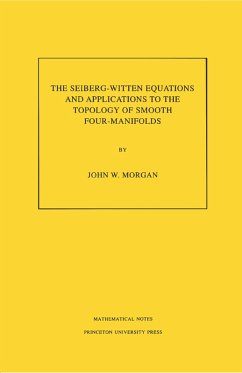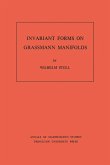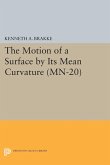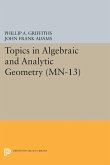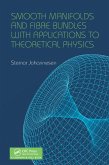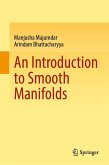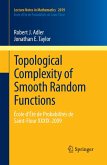The recent introduction of the Seiberg-Witten invariants of smooth four-manifolds has revolutionized the study of those manifolds. The invariants are gauge-theoretic in nature and are close cousins of the much-studied SU(2)-invariants defined over fifteen years ago by Donaldson. On a practical level, the new invariants have proved to be more powerful and have led to a vast generalization of earlier results. This book is an introduction to the Seiberg-Witten invariants.
The work begins with a review of the classical material on Spin c structures and their associated Dirac operators. Next comes a discussion of the Seiberg-Witten equations, which is set in the context of nonlinear elliptic operators on an appropriate infinite dimensional space of configurations. It is demonstrated that the space of solutions to these equations, called the Seiberg-Witten moduli space, is finite dimensional, and its dimension is then computed. In contrast to the SU(2)-case, the Seiberg-Witten moduli spaces are shown to be compact. The Seiberg-Witten invariant is then essentially the homology class in the space of configurations represented by the Seiberg-Witten moduli space. The last chapter gives a flavor for the applications of these new invariants by computing the invariants for most Kahler surfaces and then deriving some basic toological consequences for these surfaces.
The work begins with a review of the classical material on Spin c structures and their associated Dirac operators. Next comes a discussion of the Seiberg-Witten equations, which is set in the context of nonlinear elliptic operators on an appropriate infinite dimensional space of configurations. It is demonstrated that the space of solutions to these equations, called the Seiberg-Witten moduli space, is finite dimensional, and its dimension is then computed. In contrast to the SU(2)-case, the Seiberg-Witten moduli spaces are shown to be compact. The Seiberg-Witten invariant is then essentially the homology class in the space of configurations represented by the Seiberg-Witten moduli space. The last chapter gives a flavor for the applications of these new invariants by computing the invariants for most Kahler surfaces and then deriving some basic toological consequences for these surfaces.

